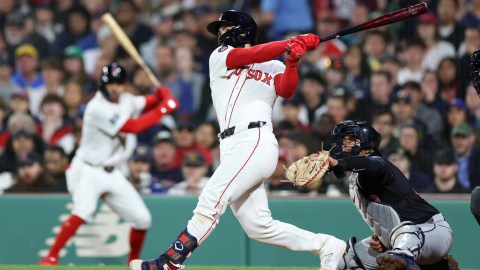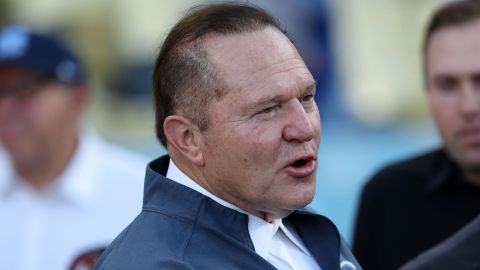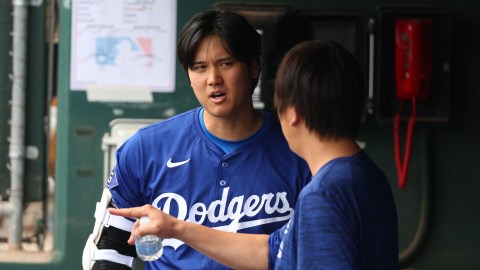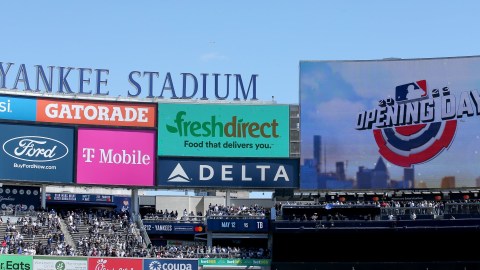 While concussion and neurology experts have long emphasized that destructive head trauma can happen in any sport, football and hockey have taken most of the headlines during the recent upswing in awareness about the long-term effects of head hits in sports.
While concussion and neurology experts have long emphasized that destructive head trauma can happen in any sport, football and hockey have taken most of the headlines during the recent upswing in awareness about the long-term effects of head hits in sports.
That may not change anytime soon, considering the disproportionate amount of possible cases in collision sports compared to non-collision sports like baseball, but safety advocates now have at least one high-profile example to point to beyond football and hockey.
On Sunday, the family of former Major League Baseball player Ryan Freel announced that Freel, who committed suicide last December, had the degenerative brain disease CTE, or chronic traumatic encephalopathy, according to jacksonville.com.
Freel’s brain was studied by researchers at Boston University’s Center for the Study of Traumatic Encephalopathy, a leader in the growing research on head trauma in sports and what kind of long-term brain damage that head trauma may be leading to.
Freel is the first baseball player whose brain has been studied posthumously by BU.
Freel struggled with symptoms that are commonly associated with CTE, such as violent behavior, uneven emotions and lingering depression. He had a history of concussions, and the damage he took as a baseball player who never held back was chronicled when he died of a self-inflicted shotgun blast last December at 36 years old.
While researchers have yet to make an ironclad scientific connection between CTE and the head trauma commonly seen in sports, Freel’s case adds to a growing list of athletes who took hits to the head throughout their sports careers and then dealt with brain damage later in life. CTE is thought to be uniquely associated with the kind of head hits that occur often in sports, such as concussions or repeated smaller hits. Most often seen in collision sports, such as football and hockey, concussion experts warn that head trauma is just as dangerous when it occurs in sports such as baseball.
Major League Baseball, which has reacted to new concussion findings in recent years with several safety measures, announced just this week that it is banning home-plate collisions out of concern for player health.
Photo via Twitter/@Reds



